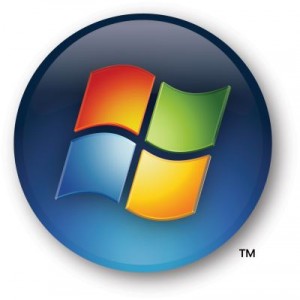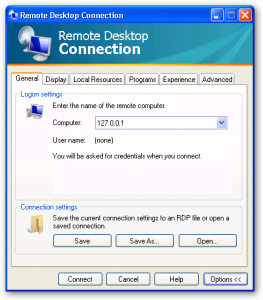When you do a Windows Update on your PC and check to see what they are updating, one of the things that is being installed as a critical update is Windows Genuine Advantage. This small application queries your PC and then sends whatever information that Microsoft is looking for back to Microsoft. The problem with this application is that it is not alerting users that it is installing and Microsoft can use it to send whatever information they want back to Microsoft
Microsoft has been hit with a second lawsuit over Windows Genuine Advantage (WGA), its antipiracy program that checks if the Windows operating system on a machine has a valid license.
The class-action suit was filed Friday in U.S. District Court in Seattle, just four days after the first one. The new suit lists its plaintiff as Engineered Process Controls and Univex, along with citizens Edward Misfud, David DiDomizio, and Martin Sifuentes, who are listed as owners of licensed copies of Windows XP running WGA.
The suit alleges WGA is spyware and that Microsoft mislead consumers by labeling it as a critical security update. The plaintiffs maintain Microsoft did not make users aware that WGA frequently contacted its central servers.
“WGA gathers data that can easily identify individual PCs, and WGA can be modified remotely to collect additional information at Microsoft’s initiation,” according to the filing.
WGA collects a computers IP address, BIOS data, system version and local language and settings information, the suit says.
Microsoft acknowledges WGA collects hardware and software data but maintains it is only used to verify that only one copy of an OS has been registered on one computer. If Microsoft finds a discrepancy, WGA can notify users their OS may be unlicensed through pop-up warnings.
Users have complained WGA is flawed, identifying legitimate copies of an OS as fraudulent. Microsoft blocks the download of some programs but allows security patches if an OS is judged to be invalid.
Last week, Microsoft changed some features of WGA, including adding an option that let users turn off warnings that their OS may be invalid and the frequency with which WGA communicated with its servers.
The suit asks for compensation and for Microsoft to warn users of the risks of WGA and produce tool to remove it.



